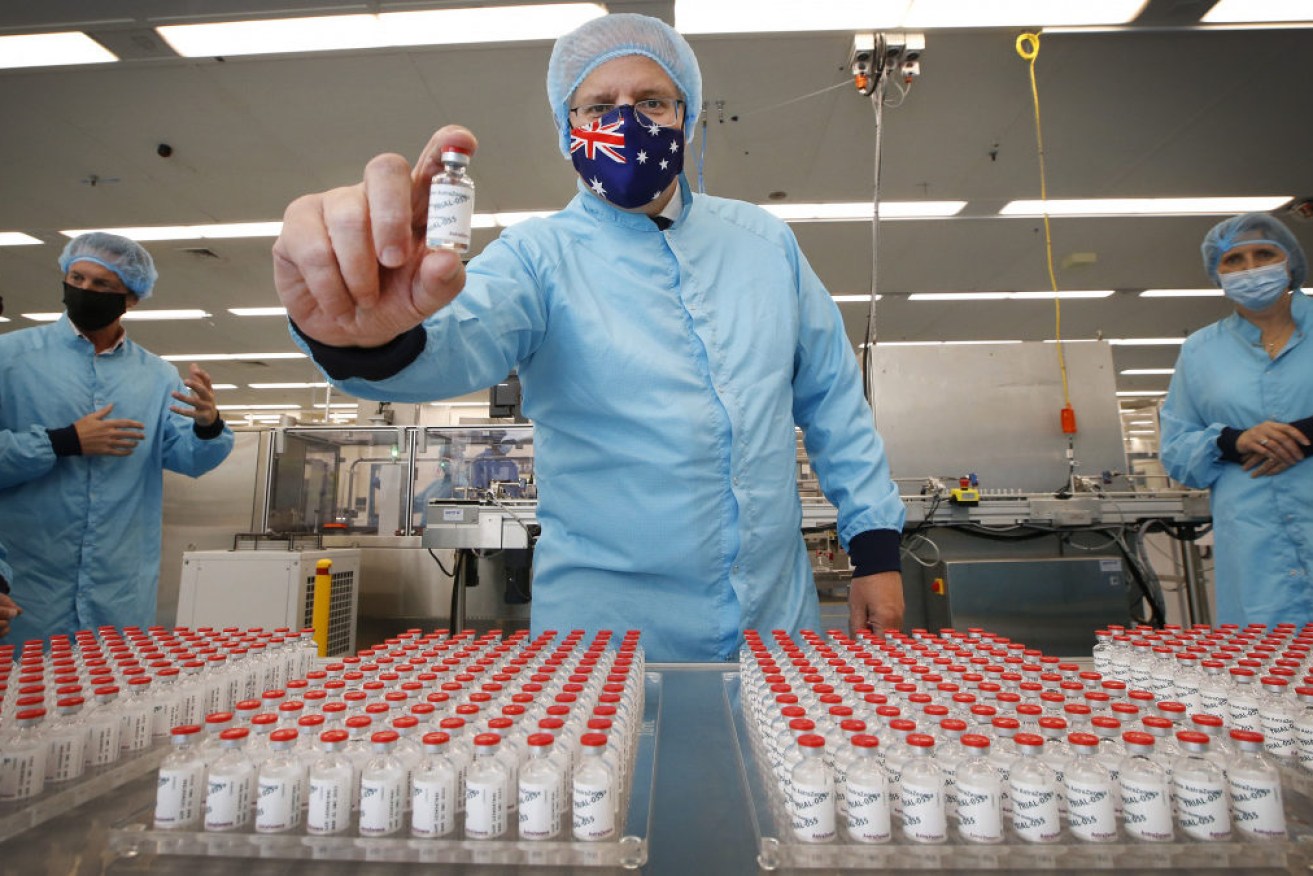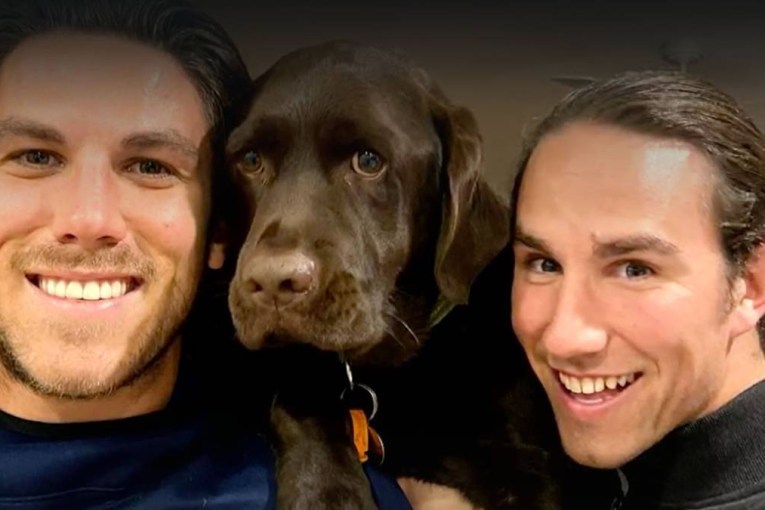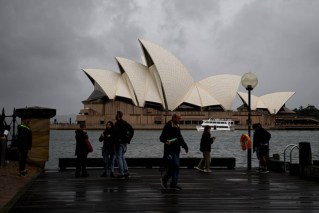Phones ‘ringing off the hook’ as young people given AstraZeneca access


Emails show Pfizer approached the government offering "millions" of vaccines in 2020 Photo: AAP
Young Australians have leapt at their first chance for immunisation, sending phones “ringing off the hook” at GP clinics nationwide.
The PM’s snap announcement on Monday night to open AstraZeneca to people under 40 might have been welcomed by individuals, but the country’s peak medical body says the decision goes against expert health advice.
Furthermore, doctors say they weren’t told the change was coming, and state premiers have complained the overhaul wasn’t even mentioned at national cabinet on Monday afternoon.
“This is extraordinary – making a late-night announcement that seems to contradict the expert advice without first consulting Australia’s doctors,” Labor health spokesman Mark Butler tweeted on Tuesday.
He was responding to comments from Australian Medical Association president Dr Omar Khorshid, who said that opening AstraZeneca bookings to the young is “going against the expert recommendation” from Australia’s Technical Advisory Group on Immunisation.
The advice remains that AstraZeneca is the preferred vaccine for over-60s; Pfizer for under-60s, due to the shot’s extremely rare blood clot complications that appear more commonly in younger people.
Although younger people are prioritised for Pfizer, it won’t arrive in Australia en masse until the end of the year.
AstraZeneca access changes a slip of the PM’s tongue?
The PM’s ruling came after national cabinet agreed to a “a new no-fault indemnity scheme for general practitioners” who give COVID vaccines.
The absence of such had been a key criticism of some GPs, who were worried about giving AstraZeneca to young people.
But the under-40 decision was not included in the official written statement from the PM’s office, which was issued after national cabinet.
Queensland Premier Annastacia Palaszczuk and Victorian Health Minister Martin Foley said the idea was not discussed at national cabinet.
There have even been suggestions Mr Morrison made the announcement “accidentally”.
“If they wish to go and speak to their doctor and have access to the AstraZeneca vaccine, they can do so,” he said in response to a journalist’s question.

Prime Minister Scott Morrison’s late-night press conference on Monday also confirmed vaccinations will be mandatory for aged-care workers.
When asked if that meant “any age group”, Mr Morrison responded “yes”.
Ms Palaszczuk said: “The only decision I recall being made [on AstraZeneca] is the federal government was giving indemnity to the doctors.”
“We’ve had advice from ATAGI and I think we should be following that advice,” she said on Tuesday.
Queensland chief health officer Jeannette Young repeatedly stressed it was Mr Morrison’s idea to offer AstraZeneca to those under 40, but that “the clinical advice is they should not”.
Some leading public health experts had called for a “rethink” on AstraZeneca in recent days, saying the risk-benefit ratio had shifted, as the fast-moving Delta variant forces cities into lockdown.
Dr Khorshid told The Guardian he believed the federal government had backflipped on AstraZeneca to give comfort to “nervous Australians who are going into lockdown”.
Huge demand for AZ among young people
Both the AMA and the Royal Australian College of General Practitioners, the peak body representing GPs, said they were not aware in advance of the impending age group change.
The changes mean under-40s can only access AZ through a GP – not at a vaccination hub.
“The nation’s general practices had no warning of the announcements made last night and are now scrambling to figure out what this means for our patients,” RACGP president Karen Price said.
“Phones are ringing off the hook at general practices across the country with people trying to book in, but general practices are not yet armed with the advice needed to implement this change in eligibility,” Dr Price said.
She said she welcomed the change, but that GPs had been left blindsided.
Social media was flooded, in nearly equal measure, with young Australians who said they had been unsuccessful in making an AstraZeneca appointment because their local doctor was not yet taking bookings. Others were proudly showing off their new vaccine appointments.
AMA vice president Chris Moy said he expected “a lot of pent-up demand from young people” for a vaccine.
“They’re extremely frustrated, they’ve had their hopes and dreams and aspirations dashed, their lives affected because they’re protecting Gen X and Boomers who were vacillating with anxieties over vaccines,” Dr Moy told The New Daily.
“Bottom line, it frees it up to the way doctors do anything else, on a risk-benefit assessment.
“People weigh up risks with their treatment all the time. We’ve had reports about phones running hot for young people making appointments.”
Professor Peter Collignon, an infectious diseases expert at the Australian National University, said while the AstraZeneca risk was very small for young people, he’d still recommend they wait for Pfizer.
He was among those calling for a rethink on AstraZeneca earlier this week.
“I would follow the initial recommendations, of AstraZeneca for over-60s and for young people to try and access Pfizer,” he told TND.
“Older people should be front of the queue anyway. While we’ve still got good control of COVID in Australia – which we do and my prediction is we will continue to have – older people should be at the front.
“I’d suggest people under 60, if you feel very strongly, go get AstraZeneca, but be aware of the risks.”








